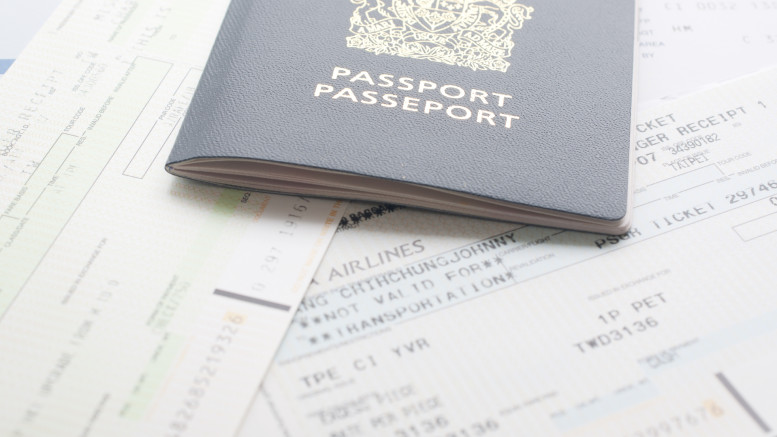A new Federal Court decision this week could potentially be the end of the road for a 94 year old ex-Nazi fighting to avoid deportation. Judge Phelan lifted the stay and dismissed the judicial review of a decision to revoke Mr. Oberlander’s citizenship, due to the fact that no “serious question of general importance” was brought forward.
Helmut Oberlander purports that he was forced to join the Nazi death squad Ek10a at the age of 17. He was involved as an interpreter, a fact from which the court inferred that he would have had more extensive knowledge of the criminal activities of the killing squad than regular soldiers. He served in Ek10a and then in the German army from 1941-44. Although he denies participating in the killings himself, the Federal Court’s September 27 decision still found him complicit in the atrocities.
Oberlander and his wife applied to immigrate to Canada in 1952. The process required a screening to ensure that incoming immigrants had not been involved in war crimes, and would not pose a threat to Canadians. Had Oberlander answered the security officer’s answers truthfully, him and his wife would have never been admitted into Canada. Nevertheless, the Oberlanders gained Canadian citizenship in 1960.
The couple enjoyed many years in Canada undisturbed until 1970 when Mr. Oberlander gave a statement about his time in the war as part of an investigation into a previous Ek10a commander. When it was found out that he had indeed participated in a Nazi death squad, something he had not mentioned at the time of his immigration screening, an investigation was triggered into his involvement with Ek10a and contravention of the Citizenship Act.
Subsection 10(1) of the Citizenship Act as read in relation to this case says that a person “ceases to be a citizen where the GIC is satisfied, on report from the Minister, that citizenship was obtained by false representation, fraud, or by knowingly concealing material circumstances”. Since Mr. Oberlander had lied about his time in Ek10a and the German army, he gave the Governor in Council (GIC) reason to strip him of his citizenship. However, Canadian policy surrounding WWII war criminals suggests that the government pursues revocation of citizenship only in cases where “there is evidence of direct involvement in or complicity of war crimes or crimes against humanity”. This was the issue at court in the September decision where Mr. Oberlander was ultimately found to be complicit.
Following that ruling, the only way for Oberlander to appeal the decision was to put forward a “serious question of general importance” for the Court of Appeal to address. However, as this week’s decision indicates, his application was denied. Although there is still a possibility to appeal the decision outside of the Immigration Act, the chance that his appeal will be heard by the Federal Court of Appeal is slim.
Canadian citizenship is a valuable thing. We are one of the world’s most prosperous nations, and our membership in Canadian society should not be taken lightly. Judge Phelan emphasized “the importance of preserving the integrity of Canadian citizenship from deceit and recognition of Canada’s obligation to ensure that there is no safe haven for those involved in mass atrocities”. Immigration Minister Ahmed Hussen echoed the Judge’s words in his response to the September 27 ruling: “Canada should never be a safe haven for war criminals and people who have committed crimes against humanity”. In order to ensure that Canada remains a free and prosperous nation for its citizens, the rule of law must endure. Although it may seem harsh to revoke the citizenship of an elderly gentleman in poor health, the law must apply to everyone equally.
What do you think of this decision? Should Canada have a more lenient posture towards citizenship fraud? Should there be exceptions to the rule? Let me know in the comments down below.
This blog post was written by a CCLA-PBSC RightsWatch student. Views expressed do not necessarily reflect the views of the CCLA or PBSC.

